Last Updated on July 31, 2021

PLOT: On the eve of undergoing a massive makeover, a local British radio station is suddenly flooded by a ghastly transmission thought to be the voice of a recently murdered young woman.
REVIEW: More than a decade has transpired since Ed Evers-Swindell mounted his feature debut via the direct-to-disc, viral doomsday outing INFESTATION, the same amount of time since working in the sound department for Neil Marshall’s critical darling THE DESCENT. Now, armed with over a decade of restful wisdom and Marshall’s own blessing, Evers-Swindell has aptly attuned the transmission of DARK SIGNAL – an above average, competently crafted, bone-clattering English rattler that, for the most part, deftly skirts and sidesteps its platitudinous scares with its compelling premise and pleasantly unpredictable third-act revelation. With puncturing bouts of wince-worthy violence, some solid turns by all involved, a novel setting, and a sneakily duplicitous narrative diversion or two – yes, the proper light ought to be shone on DARK SIGNAL when it drops into select theaters Friday, June 2nd. Tune in!
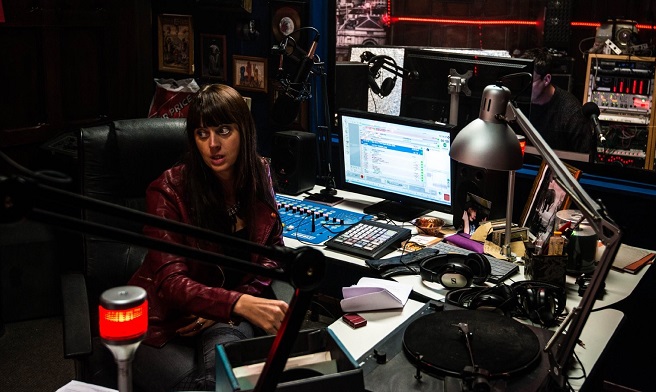
Laurie Wolf (Siwan Morris) is a moderately popular local radio DJ in rural England. As the film opens, she’s lamenting her last day before her station undergoes a massive makeover, including losing her job and the conversion from analogue to digital signaling. Her partner Ben (Gareth David-Lloyd) seems less concerned, doing all he can to diffuse Laurie’s dryly acerbic wit and increasingly dour demeanor. Meanwhile, Laurie’s friend Kate (Joanna Ignaczewska) vows to visit the station before it closes, but first must make a stop with her boyfriend Nick (Duncan Pow) somewhere deep in the wooded countryside. Turns out Nick, in dire need of cash, is intent on robbing a large secluded mansion, doing so while unwitting Kate stays in the car. Literally and figuratively in the dark, Kate waits, but soon sees no shortage of spooky encounters. Not only does a creepy old man (James Cosmo) appear from the darkness, eager to take her back to the house Nick is currently pillaging, but so does a ghastly female spirit, longhaired and bloodstained.
Back at the station, an ominous frequency is subtly picked up by the radio transmission. With echoes of a warbled human voice, female, it becomes increasingly clear the spirit is trying to communicate with the living. But why? A dime-store psychic named Carla Zaza (Cinzia Monreale) is invited to suss the array of clues, which incurs more wry eye-rolling from Laurie, and by proxy more chuckles from us. Is the female ghost that has been tormenting Kate the same spirit trying to communicate with the radio station? What is it that the apparition is trying to convey? Are the intentions benevolent or malevolent? Most of this ever-maddening mystery remains intact throughout, at least until a masked and hooded figure materializes and begins gorily vitiating the remaining principals with a large pair of bolt-cutters. There’s one particularly grueling sequence involving a victimized kneecap that is sure to induce a cringe or two. Another involving a human tongue. Best of all though, weapon-wise? A giant knife and glow-stick adorned tire-iron that Kate finds in the trunk and wields around with every mortified move. Not seen that before.
Yet, as the movie cleaves into two distinct strands – set at the wooded mansion and the radio station – it’s during the former that the movies perfunctory horror clichés tend to rear their unwelcome little heads. The female poltergeist in specific (played by the far too pretty Eleanor Gecks) takes aesthetic cues from those all too rote J-horror ghouls, with equally trampled sinister setups preceding their standard stints of jump-fright. Luckily this sort of familiarity is distractingly counteracted by the much more compelling radio station setting, and even more fortuitous for us, the more the two competing threads are increasingly crosscut, the more relevant their symbiosis is revealed to be. That is, these two dueling subplots aren’t as disparate as they might seem in the early going. Better yet, despite a few clues disseminated here and there (only realized in retrospect), there’s a brilliantly bundled third-act knot that unpredictably fastens all of the loose ends together in a way I’m both miffed and tickled to have missed. Pissed at myself for not catching it, stoked to see if you fare better. It’s precisely this unforeseen ender that makes the more uninspired horror aspects of the film overlookable. They don’t excuse them, the simply take the glare out of them.
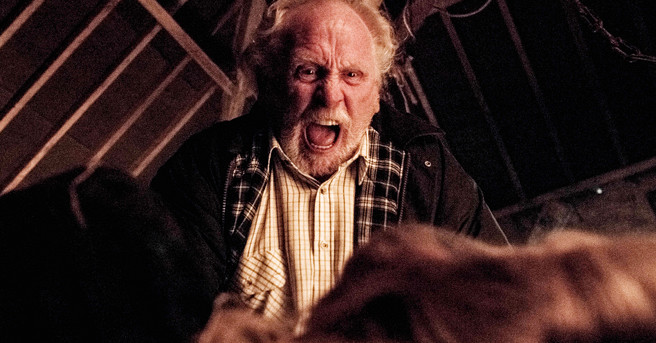
Because, look, is DARK SIGNAL a great film? No, but it doesn’t have to be. Its recommended entertainment value comes from being a deftly-spun, novelly-set, requisitely violent, believably acted twister that does just enough to keep your investigative senses astray. Sure, there are some trite and over-treaded horror tenets, but the well-executed narrative that pays off in the final third tends to atone for the more overt misgivings. Really though, if nothing else, DARK SIGNAL proves far superior to Ed Evers-Swindell’s previous film INFESTATION, and offers a bright beacon of encouragement for him to continue to make movies more often than once a decade.


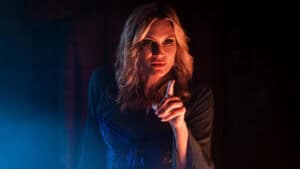





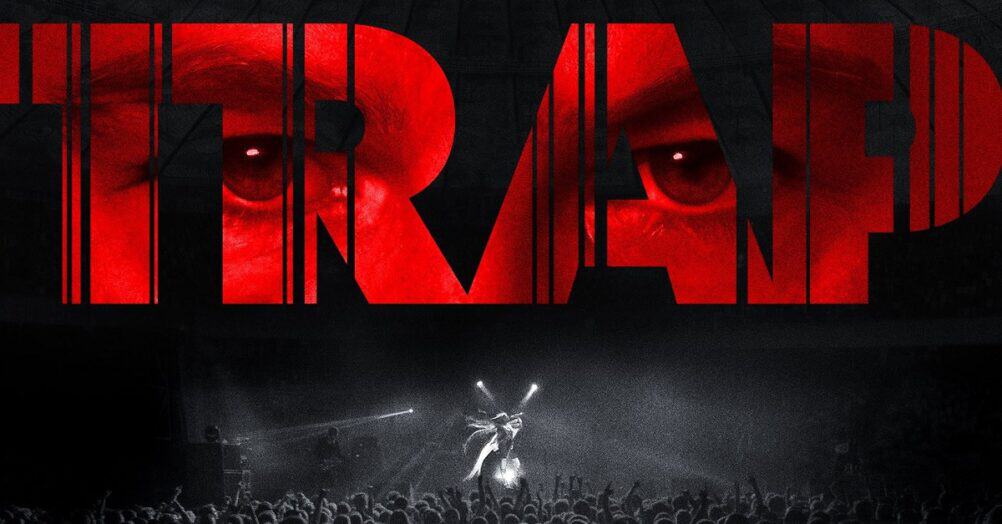
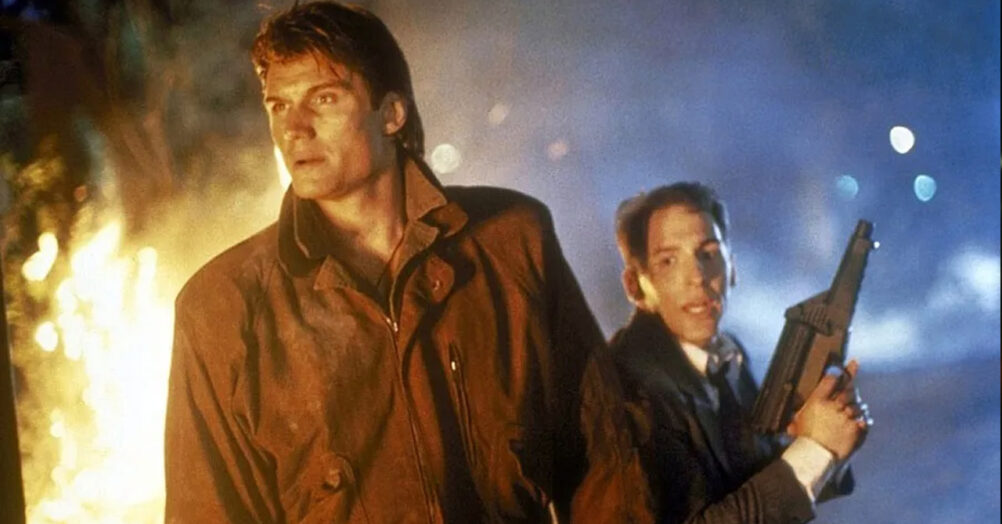
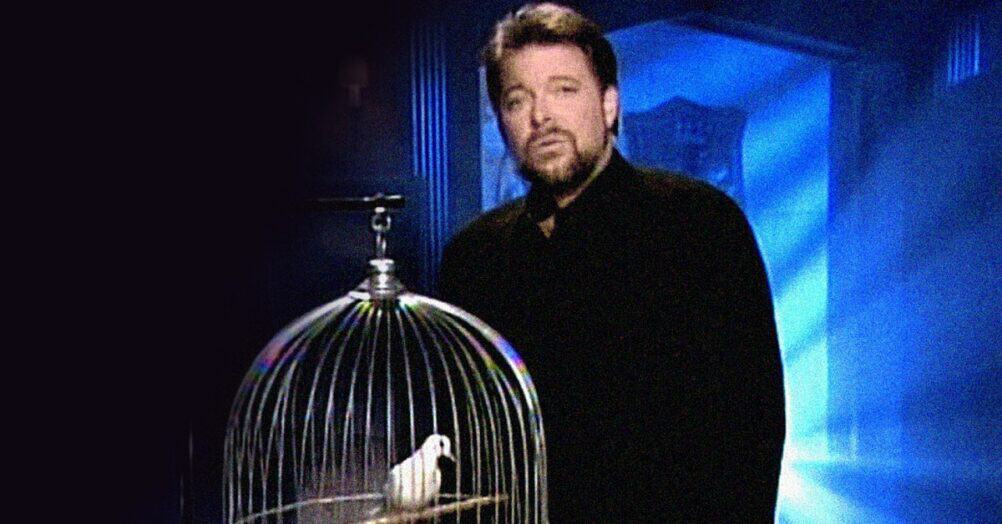
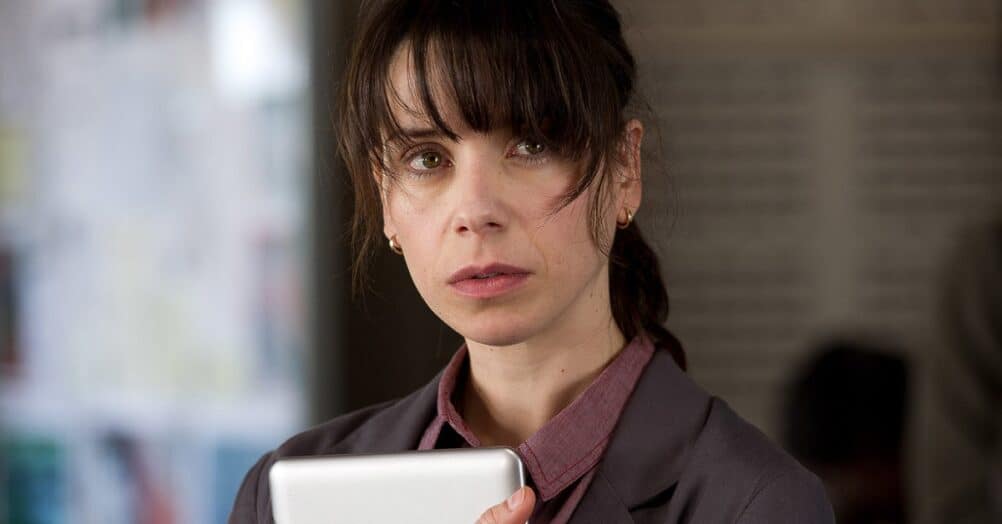
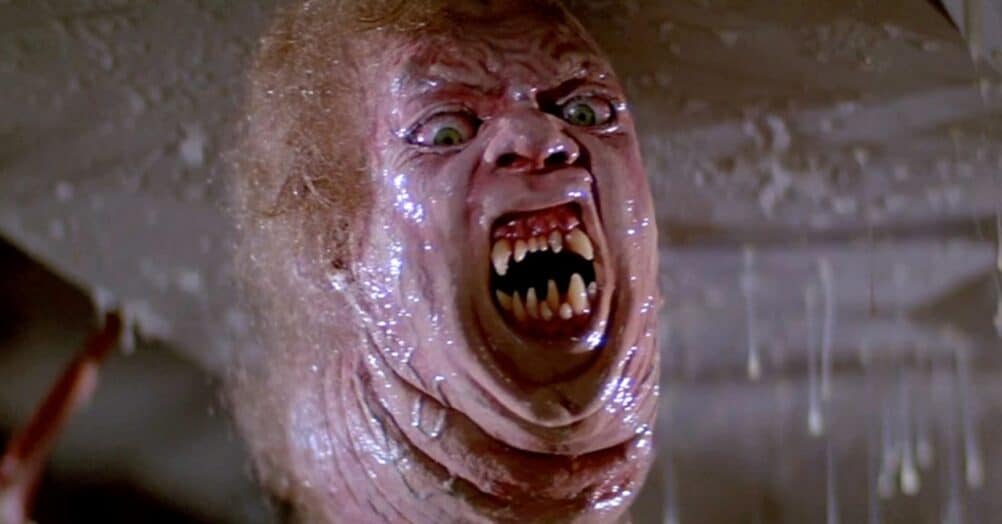

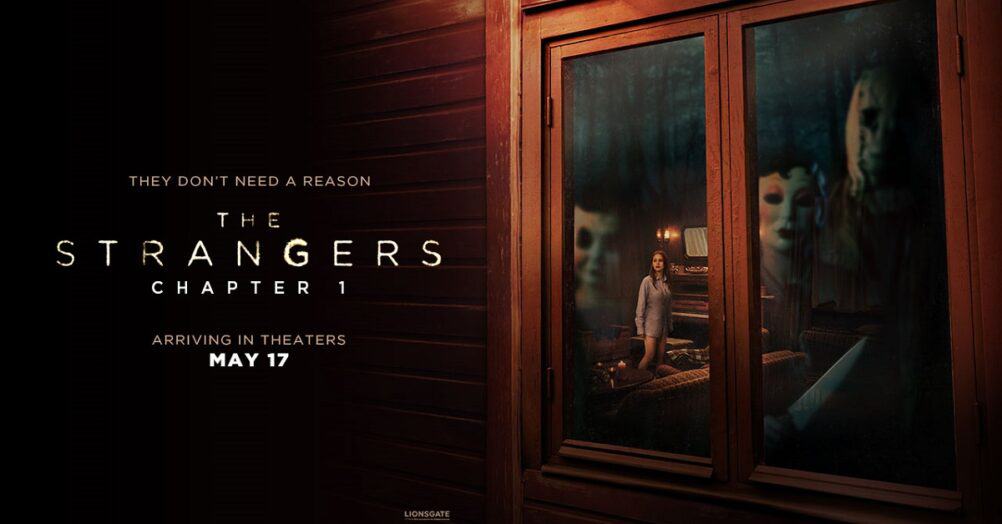
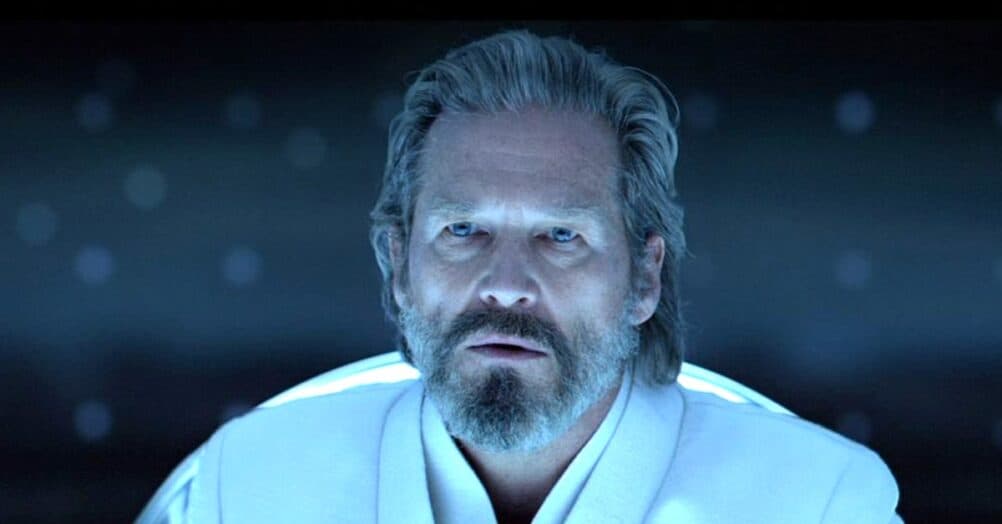
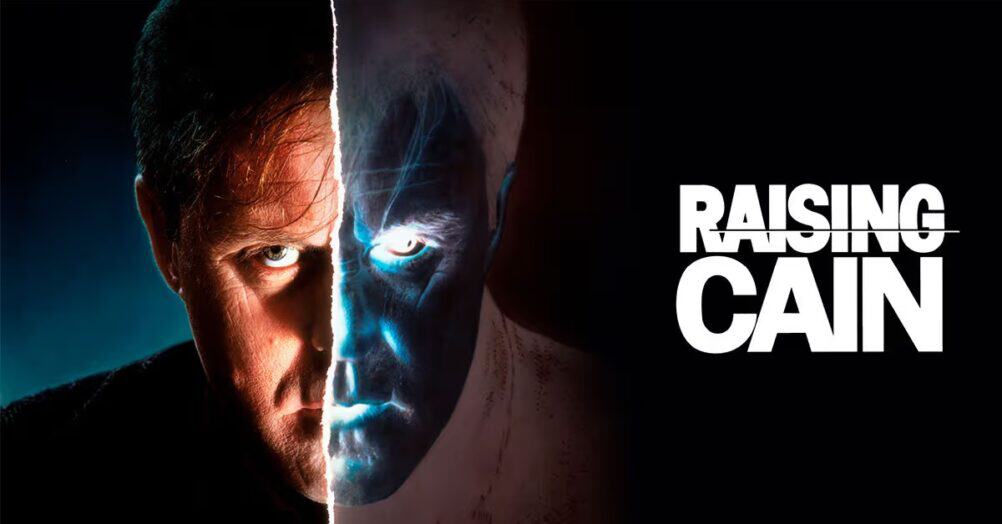

Follow the JOBLO MOVIE NETWORK
Follow us on YOUTUBE
Follow ARROW IN THE HEAD
Follow AITH on YOUTUBE